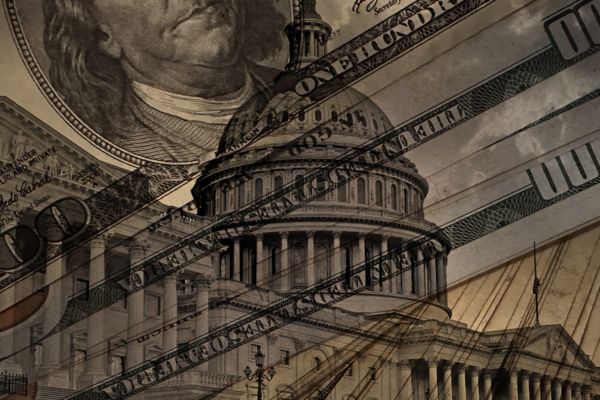AUSTIN, Texas — As public concerns mount over lack of transparency in political giving, a new study from researchers at The University of Texas at Austin is the first to illuminate how and why corporations choose to legally conceal their lobbying and campaign contributions.
U.S. companies are required to disclose the total amount they spend on political activity, but beyond that, the disclosure is incredibly vague, according to Tim Werner, associate professor of business, government and society at the McCombs School of Business.
“We don’t even know which individual members of Congress they meet with,” Werner said. “If you’re only looking at observable political activities of corporations, it’s like looking at the tip of the iceberg.”
Below the waterline, Werner and colleagues, Nan Jia of the University of Southern California and Stanislav Markus of the University of South Carolina, found that when corporations conceal their political activities, they may use a wide variety of strategies, including:
- Lobbying people who are not obvious political players.
- Secretly creating a “citizens coalition” to advocate for their position.
- Using obfuscation to spin an issue in their favor.
- Contributing to groups that are not legally required to report their donors, known as “dark money” groups.
The research is published in Academy of Management.
How do corporations decide when to use these strategies? The researchers developed a mathematical model of a company’s political decision-making to help predict which activities it’s most likely to hide. Their calculus finds:
- The lower the costs of concealment or of being caught, the more likely companies are to attempt it.
- Companies are more likely to conceal their activities on issues where they reap most of the benefits or bear most of the costs.
- The harder it is to win a lawmaker’s support, the more a company will try to hide its spending to influence that lawmaker.
Werner said this line of research opens an important conversation.
“The more we understand about the reasons a business does or does not conceal its political involvement, the more informed our decision-making around policies related to transparency,” he said.
Read the McCombs Big Ideas story.




